Abandonment Britain: Inside the crisis of ‘pandemic puppies’
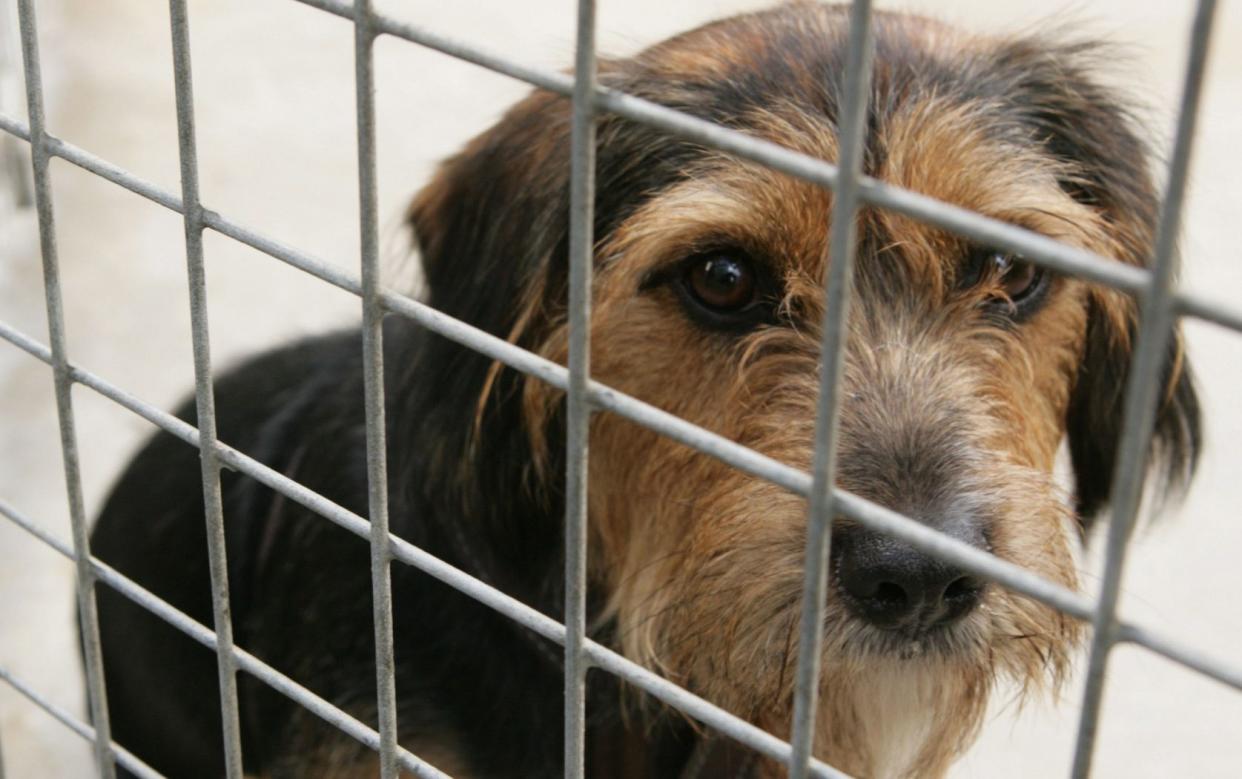
Our image of ourselves as a nation of animal-lovers is as entrenched in the British psyche as our love of tea or Sunday roasts. “Animals are such agreeable friends,” wrote George Elliot in 1857, and millions still clearly concur.
Today, more of us – 53 per cent of adults, or 17 million households – own pets than ever before; the pet industry is worth a staggering £10 billion and studies frequently reveal that not only do most of us regard our pets as a member of the family, but a sizeable number – 12 per cent in one survey – love them more than our partner.
Yet something is going awry in our relationship with the animals who share our homes. In recent months, there has been a “staggering” rise in pet abandonments across Britain, according to the RSPCA, with people offloading animals at unmanageable levels and stretching welfare services to their limits.
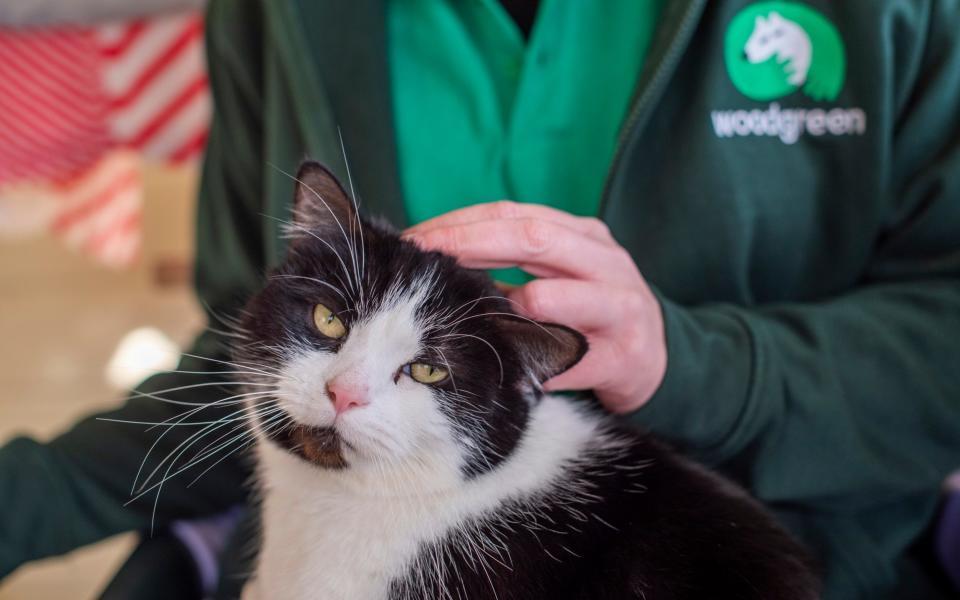
The turning point was the pandemic, when a flood of people with time on their hands decided to boost their mental health with a new animal companion and caused the number of pet dogs to rise from nine to 13 million between 2019 and 2022. Now, many of those animals, dubbed “pandemic puppies” in new research from the Royal Veterinary College, are showing serious issues.
A fifth of Covid puppy owners reported eight or more enduring problems, with clinginess and aggression high among them, and a third said it was proving very hard to train them. The number of dog attacks recorded by police in England and Wales rose by more than a third between 2018 and 2022.
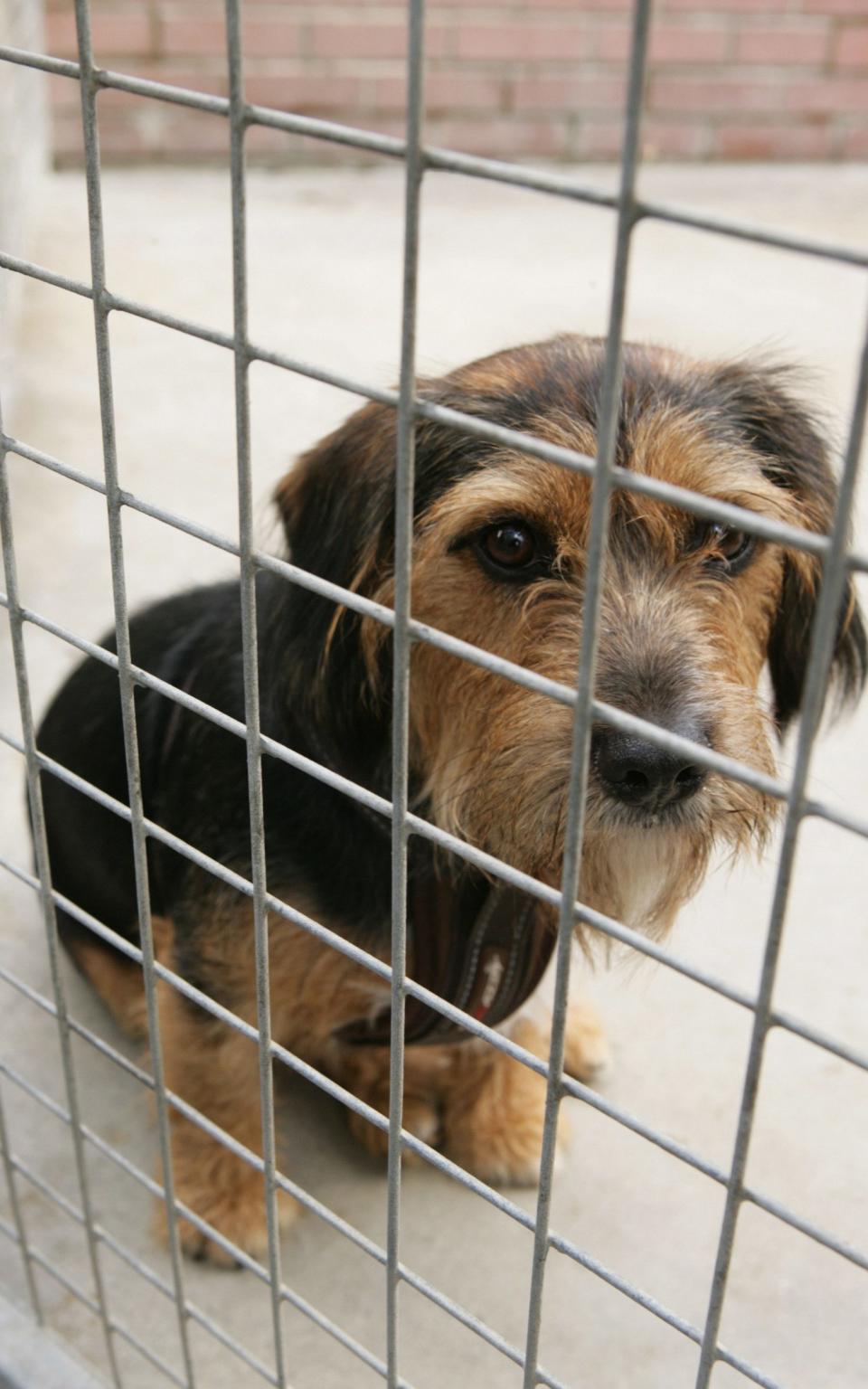
And the issues aren’t confined to man’s best friend. The cost-of-living crisis has left owners of pets ranging from the smallest rodent to the most formidable reptile struggling to meet their animals’ needs. Last month, a rabbit was discovered abandoned in its cage in freezing conditions in Plymouth with a note that read: “Daisy, indoor-only rabbit, litter trained. Beautiful. Sadly my relationship ended. Sorry.”
Earlier this month, a grisly discovery was made in Ashclyst Forest in Devon of the carcasses of seven giant tortoises. Andrew Highfield, the founder of the Tortoise Trust, said their poor condition suggested that someone “got these animals and found them very difficult”, and pointed to the “astronomical” cost required to keep them in the subtropical temperatures they need.
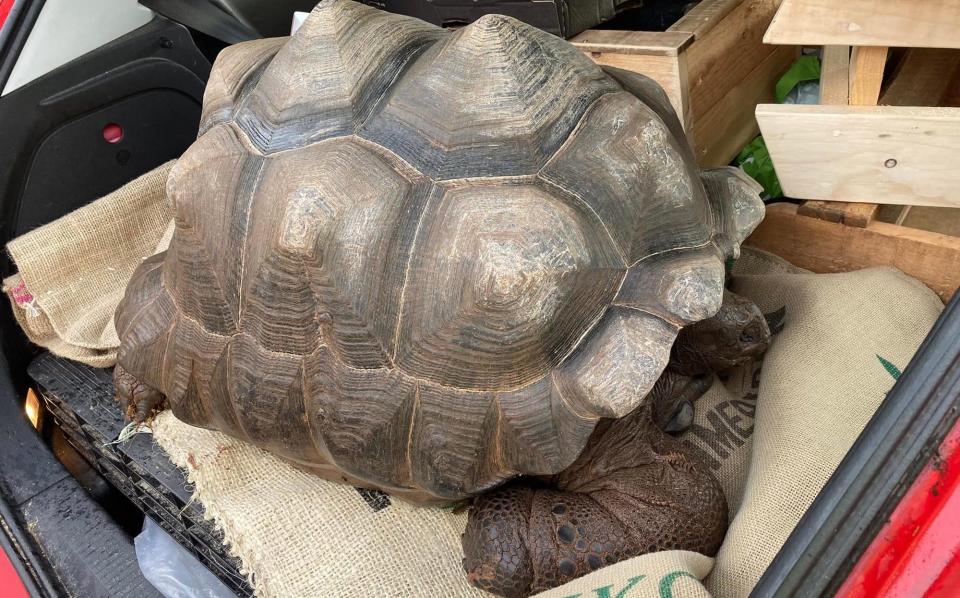
The RSPCA has warned that the Covid-inspired surge in pet ownership combined with rising costs has created a “perfect storm” of animal welfare emergencies and abandonments. The charity received 20,999 reports of abandoned animals last year, 5,000 more than in 2020.
More than 14,000 were about dogs, but cats made up half of the total – partly, experts say, because many went unneutered during lockdown, causing a surge in the number of kittens. Exotic pets such as snakes, which need to be heated, are also being found everywhere from ditches to supermarket car parks on a monthly basis.
Many of the abandoned dogs were pandemic puppies who displayed behaviour their owners simply couldn’t cope with. Used to constant company and little socialisation with other dogs during lockdown, they have found their owners’ return to the office and normal life stressful.
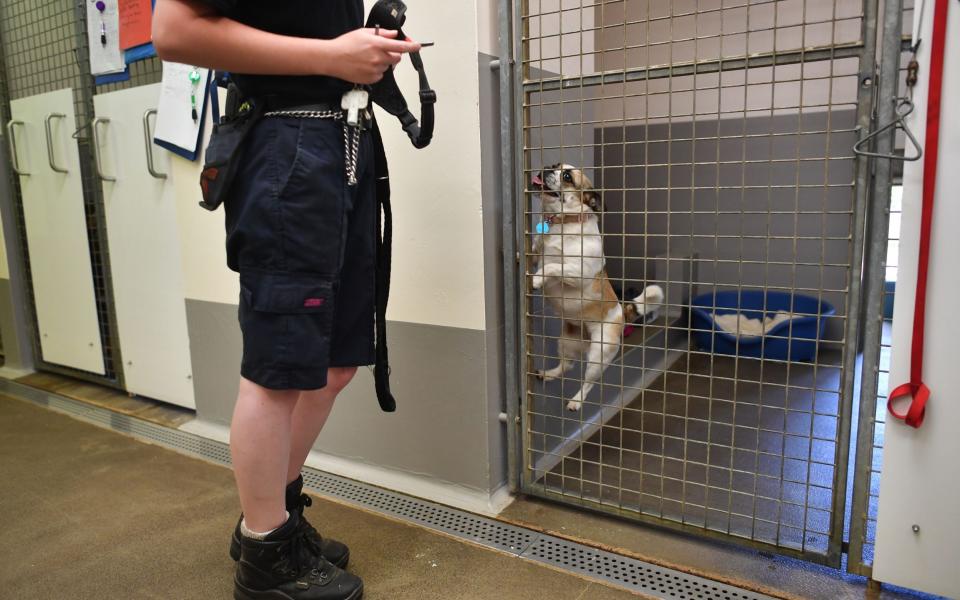
The dogs often display medical and behavioural issues related to their origins, says David Bowles, the RSPCA’s head of public affairs. “A lot of first-time owners unwittingly got dogs that had been bred in places like Romania, under conditions that would be illegal here,” he says.
“With the huge demand during Covid, people with no knowledge of animals felt there was a quick buck to be made and started breeding animals. These pets are often traumatised, with problems that grow more apparent over time.”
Woodgreen Pets Charity, which runs one of Europe’s largest rehoming centres in Cambridgeshire, saw a 48 per cent increase in stray dogs being handed in last year, and a 25 per cent increase across all species it works with. “It’s an extremely challenging time.
All our kennels, cat units and accommodation for small pets are full and we have long lists of pets waiting to come into our care,” says Linda Cantle, the charity’s director of operations. “And, of course, we also have fewer people coming forward to provide the new homes they need.”
While the majority of the RSPCA’s animals are rescued, often in horrifying conditions by inspectors who have investigated complaints of cruelty and neglect, Woodgreen has also received a high volume of calls directly from owners who can’t cope.
“Many are devastated; the last thing they want to do is give up that pet, but they feel they can’t do right by it any more,” says Cantle. “Then there are others for whom there’s a lot of regret. During lockdown, they had lots of time for their pet and it was stimulated and happy, but then as life went back to normal, pet ownership became more of a challenge and competed with social activities. The experience didn’t meet their expectations so they don’t want it any more.”
Think of an abandoned pet, and you may be picturing a status dog such as an XL Bully, which will shortly become illegal without an exemption certificate – indeed, abandonment of these animals is expected to soar following the ban. But rising numbers are desirable pedigrees, along with other typically middle-class pets.
“We have a much bigger variety of dog breeds than five years ago, everything from French bulldogs to Chihuahuas,” says Cantle. “We also have really significant numbers of rabbits being relinquished; they’re quite easy to buy on impulse, without appreciating all the facilities they need to keep them warm, fed and content.”
Lisa* recently rehomed her Schnauzer, passing it on to a friend after being called back into the office four days a week.
“I agonised about it, but she was getting increasingly anxious when I was out at work, even though I spent a fortune on ‘doggy daycare’,” she says. “I was constantly coming home to find she’d weed and pooed everywhere.
“I feel guilty and foolish for buying her in April 2020 – I realise I’m a cliché, but I honestly thought some of the lifestyle changes Covid brought would be permanent. I was so relieved when a friend wanted her – she works from home so the dog will be happier.”
Money is undoubtedly a major factor in the rising levels of abandonment. Overall, the cost of owning a dog is estimated to have jumped by 12.8 per cent – around £256 – over the past year to total around £2,500, according to the Office for National Statistics.
Figures from Battersea Dogs & Cats Home suggest that a household can expect to spend more than £39,078 during a pet’s lifetime: 11 years for a dog, 12-14 years for a cat. The RSPCA has dealt with cases in which people were going without meals so they could feed their pets; a situation that has led to the creation of pet food banks.
Vets’ bills are also soaring: in 2022, expenditure on vets’ fees totalled over £5.3 billion. Bills for dog care can easily top £1,000, with the average vet fee for digestive problems coming in at £863, according to Animal Friends pet insurers.
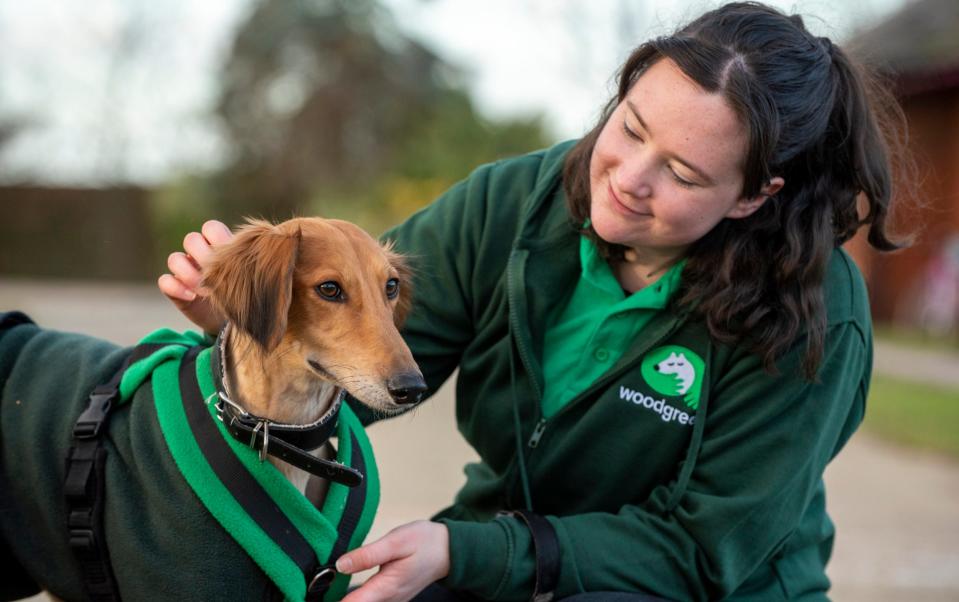
It’s perhaps unsurprising that a recent survey by the Dogs Trust charity showed that four in five owners were worried about the cost of looking after their dog – or that some owners simply can’t manage it.
“Good quality medical care for pets is costly, and our industry is hyper-aware that it has an impact on people’s decision-making about the care of their animals,” says Cat Henstridge, a veterinary surgeon.
“Vets are often cast in a villainous role, but we’re usually very willing to try to figure out a way to help if people talk to us. We had a cat this week that needed dental work and we contacted the Blue Cross, who agreed to contribute towards it.”
All of which raises the question of whether pet ownership has simply become too widespread; whether too many of us have bought animals as commodities. It was the Victorians who first made pets, previously the frivolous preserve of the aristocracy, an accepted part of domestic life. Dogs in particular were held to have virtues that echoed the most prized values of the era: steadfastness, loyalty and courage.
But historically, animals were bred to help humans with tasks such as hunting vermin, pulling ploughs and retrieving game, and swiftly put down if they became ill. Only recently have they been treated as members of the family, with one in five owners having said they like their pet to “keep up with the latest trends” in grooming and clothing, according to marketing agency Mintel.
With modern life so frenetic, it seems clear that more of us should be asking ourselves whether we really have the time and energy required to devote to our pets – particularly if they are to have status in the household.
David Bowles believes the surge in pet numbers isn’t inherently problematic. “Pets bring so many benefits, particularly companionship, and the RSPCA supports that,” he says. “But we just urge people to do their research before getting an animal, because the last thing they should be doing is finding they don’t have the resources or knowledge to provide its welfare needs.”

